Blogs Details
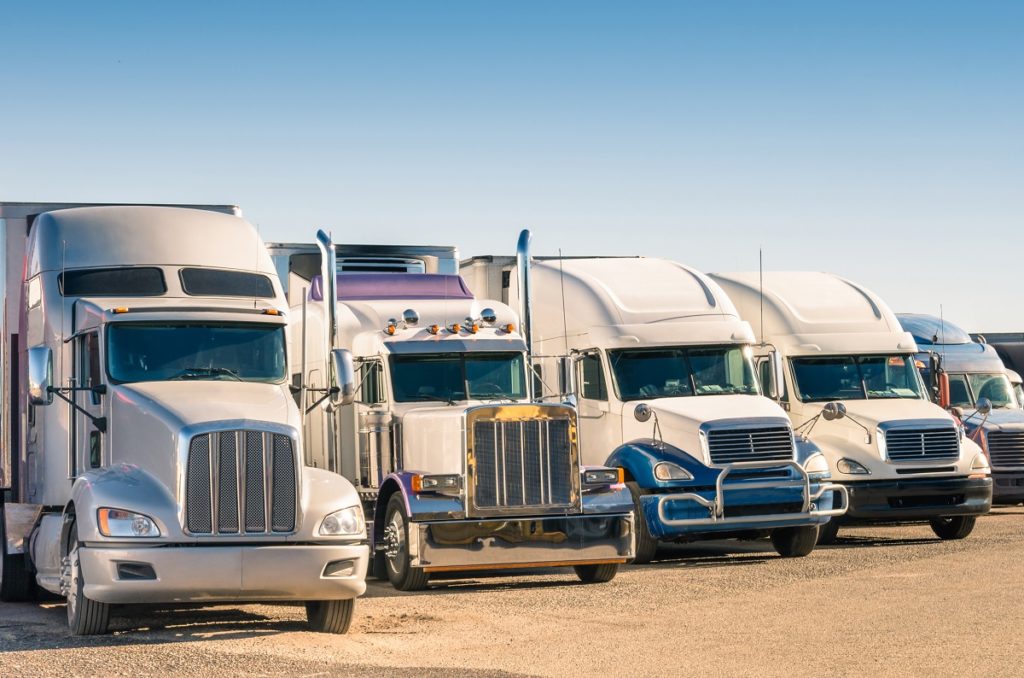
Truck Parking Benefits Communities
06-25-2023 | | 0 Comments
Truck parking is a vital part of any city or community that relies on the shipping and receiving of cargo through its road systems. It benefits truckers immensely when they can easily access safe and convenient parking places, especially at night. It also boosts the local economy by attracting more business traffic. Anyone who constructs and owns a truck parking facility could currently have hot property. Nationally, there is a need for more truck parking spaces. Trucking industry experts say there's only one truck space per 11 trucks and a shortfall of 44,000 parking spots https://fightingfortruckers.com/truck-parking-2/. It can take truckers an average of 56 minutes to find parking in the evening https://www.ttnews.com/articles/truck-parking-shortage-costs-drivers-4600-year-expert-says.
The 2019 Jason's Law survey said there were 313,000 designated parking areas for 3.5 million truckers. The nationwide survey was conducted by the Federal Highway Administration and the U.S. Department of Transportation https://thejunctionllc.com/how-many-truck-parking-spots-are-in-the-us the truckers. The State of Texas has the most truck drivers in the country with 172,000. That means 15 out of every 1000 jobs belong to a semi-driver https://www.fcc-inc.com/what-states-have-the-most-truck-drivers/. The CloudTrucks 2023 Truck Parking Shortage Survey says 56 percent of Americans are unaware of the "long-haul trucker" parking shortage https://www.cloudtrucks.com/blog-post/2023-truck-parking-shortage-survey. The reasons for the truck parking shortage are complex and include the following:
Upsurge in freight traffic and the increasing number of trucks on the road
States have limited funding options to add more parking infrastructure
Zoning laws and real estate prices make it hard
Truck traffic fluctuates seasonally
Changes to federal regulations, electronic logging devices, and hours of service affect drivers
Underutilized properties can be off limits
Tight delivery and pickup schedules
Lack of parking coordination between states
City and State Benefits
With the fallout of the pandemic and inflation, many individuals and cities are looking for ways to generate more tax revenue and jobs. Truckers need safe and secure places to park their tractor-trailers, rest, shower, and eat. The ideal place to park is well-lit, gated, and fenced, with security and personal comfort amenities. First, cities and states could begin by analyzing planning and zoning ordinances. Is there a way to incorporate legal parking measures? By allowing parking within city limits or state lines, leaders could reduce the amount of illegal parking on shoulder, on/off ramps, and residential streets. Second, communities could also determine if they have excess or underutilized spaces like airport parking, railway parking, shopping malls, warehouses, or maintenance yards that could be used as night parking facilities. When truckers know where to park, it is easier for them. They may use the services if they know about them because they can plan the stops as part of their regular travel routes. Fewer trucks and trailers on the road can create safer road conditions for motorists and truckers. It also reduces traffic congestion and adds fuel emissions into the air. Third, municipal leaders can encourage economic growth by adding more businesses like motels, hotels, truck stops, and restaurants. Those services will benefit residents, regular travelers, and truckers alike. Finally, the Biden-Harris Administration has eight programs and $47.4 billion available, yet, very few individuals, organizations, businesses, or agencies have applied to access the monies.
Trucker Benefits
Truckers need adequate parking to safely do their jobs and bring the goods American communities depend on daily. Drivers are going at all times of the day and night to make things happen. They have one of the most demanding and stressful jobs to do year-round. First, truck parking allows truckers to spread out with their equipment, turn wider, park and find rest sooner and easier. The Federal Government requires they sleep 10 hours for every 14 hours on duty. That can be tough if it takes too long to find a secure parking place or any place. Second, good parking protects people and cargo. Truck drivers are responsible for the safety of their rig and cargo. If they stay in an illegal or unsafe area, the driver and freight can become victims of theft, vandalism, assault, or, in the case of Jason Rivenburg—homicide. The 2012 Jason's Law was enacted by Congress in 2012 in honor of Jason Rivenburg, a South Carolina truck driver, who was killed 12 miles from his final delivery. The law aims to prevent tragedies like Rivenburg's from ever happening again. Illegal parking may not always result in death. However, parking illegally usually means less rest and a fine for the truck driver.
Third, businesses that depend on the raw materials delivered by trucks and trailers suffer when delays or shipments are stolen. Truckers deserve to go home to their loved ones at the end of their travels, and businesses should be able to continue operations too. Truckers and their relationship with communities are intricately connected. What happens to one group will affect the other. Fourthly, trucking parking spaces allow logistical companies to organize deliveries better, reduce trucker wait times, and make their delivery schedules doable and convenient. Lastly, when semi-drivers are off the roads and resting as they should, driver fatigue is less of a problem, and accidents are reduced.
Where Are More Parking Sports Needed Soon?
The National League of Cities performed a countrywide survey. In 2021, the Legislative Director of Transportation and Infrastructure, Brittney Kohler, shared the results. She said five key states needed more truck parking spots—New York, New Jersey, Pennsylvania, Illinois, and Georgia. She also stated that I-95, I-5, and the Chicago region need more parking spaces https://www.nlc.org/article/2021/04/07/have-excess-parking-consider-truck-parking-partnerships/. Another study, the 2019 Jason's Law survey, reported that out of all 50 states—Illinois, Maine, and Ohio have the lowest number of parking spots per 100,000 miles traveled by semi-drivers https://thejunctionllc.com/how-many-truck-parking-spots-are-in-the-us/#:~:text=Across%20the%20United%20States%2C%20there,the%20roughly%203.5%20million%20truckers.
If I Want To Start A Truck Parking Business, Where Do I Begin?
The saying goes, "The journey of a thousand miles begins with a single step." Before buying property, paving a lot, or buying equipment, talking with local trucking companies and truck stops is wise. Find out what keeps them up at night and motivates them to keep going. Anything related to tractors and trailers will have a hefty price tag for operation and maintenance costs. Next, look at the cities, roads, and highways that move through an area. What can be seen as viable truck terminal or drop yard options? Consider the price of land and its location. Truck parking lots can affect the value of property around them. Lastly, talk with city, county, and state officials. Find out what planning and zoning rules will have to be followed. Ask about options to include truck parking lots in codes and ordinances.
The truck parking shortage is a national and local problem. Safe working conditions for truckers affect more people, businesses, agencies, and organizations than Americans think. If truckers can't do their job, the economy slows, and goods are not delivered. Delivery delays and disruptions affect everybody! Designated parking spots for truckers provide safety, convenience, and rest. Those same spots mean new jobs from hotels, motels, restaurants, and trucking service providers in urban and rural communities. All that bring tax revenues to cities, counties, and states to maintain, plan and expand infrastructure for the future. Consider looking into somewhat untapped federal grants. The Biden-Harris Administration is putting a good step forward to help the trucking industry survive and thrive.
Starting, owning, and operating a truck parking lot can be a hot property to have these days. Interest parties should consider the pros and cons of forming such an enterprise. The best place to begin is by talking directly to individuals already in the trenches. Truck drivers, logistical companies, businesses, city and county officials, and state agencies can be excellent places to begin marketing and business plan research. The 2019 Jason's Law survey, the work by the National League of Cities and other trucking industry entities, can provide a realistic picture of how the truck parking issue gets handled. The problem is complex, and taking a band-aid approach may be the only option until interest parties can come together, coordinate, and communicate in some collaborative way.
Dive into the possibilities! Truck parking is important to the community and the economy. Safety, commerce, traffic congestion, and profits are all items that must be examined with care and patience. Invest in America! The future is only as bright as people make it. Some steps can be taken towards starting something new if a person is willing to try and does their homework.
If the post interests you and you wish to read more, please comment below or email address. Feedback helps us to create services and content that meet the needs of our clientele. Go to our home page to view our many services. We can't wait to exceed your expectations!
Leave a Comment
About Me
Recent Posts
-
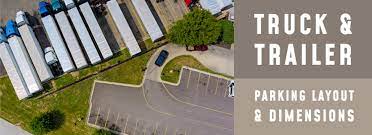
-
Tractor Trailer Truck Parking Lot Layout Dimensions
-
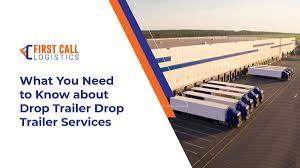
-
Drop Trailer Program - What You Need to Know
-
.jpeg)
-
Drop Trailers – Everything You Need to Know
-
.jpeg)
-
Drop and Hook Trucking - How Does It Work
-
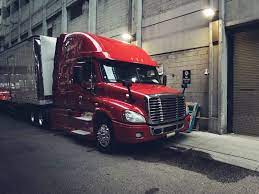
-
Where Can I Park My Semi-Truck Overnight
-
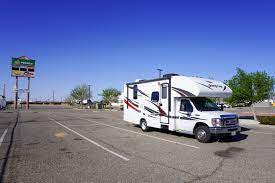
-
Truck Overnight Parking: Guide, Locations, And Services
-
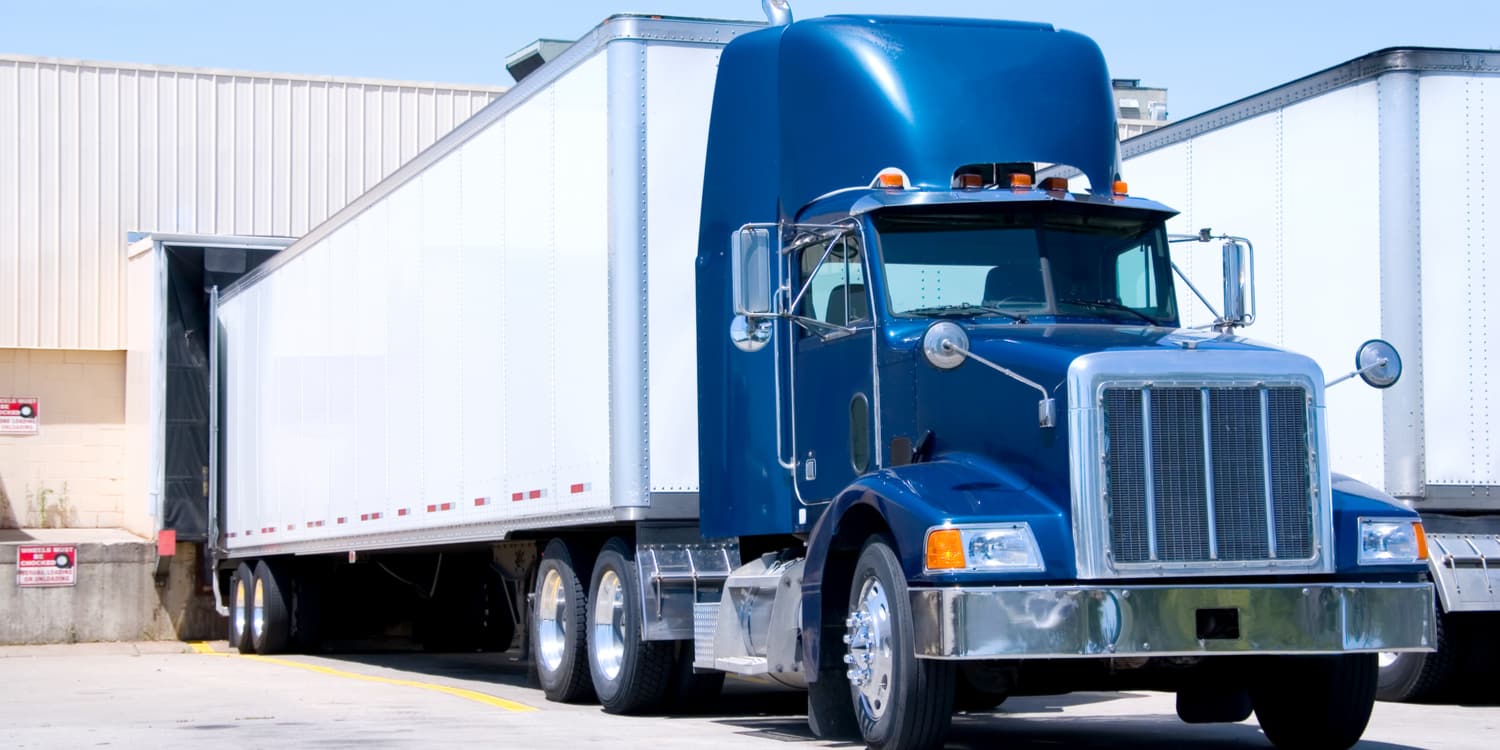
-
Truck Driver and Industry Challenges 2023
-
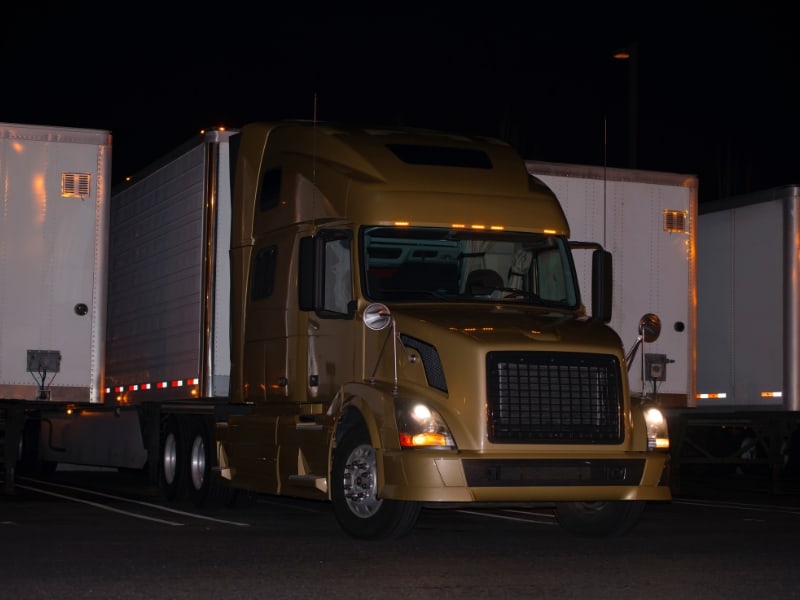
-
Top Factors Driving Truck Parking Demand
-
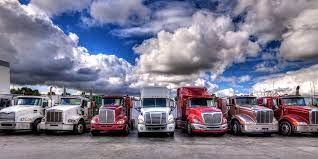
-
How Much Does It Cost to Park a Semi-Truck
-
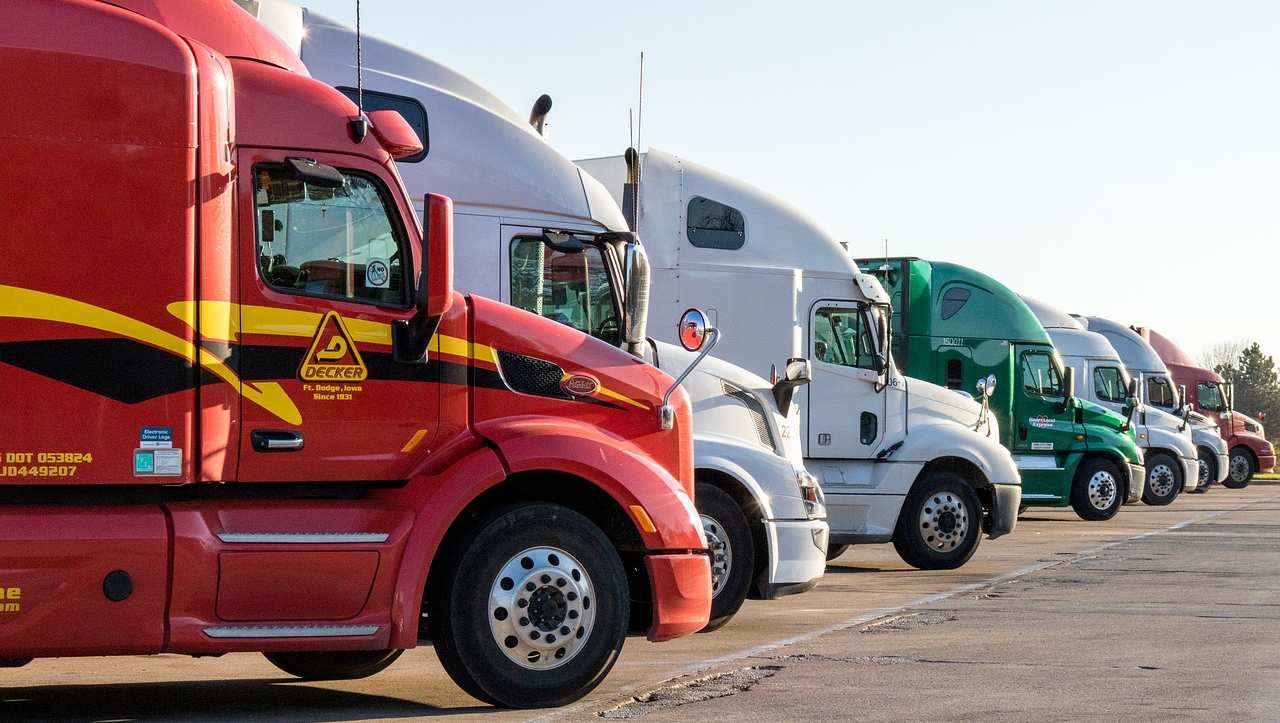
-
Balanced Truck Parking Regulations
Comments
No comment found.